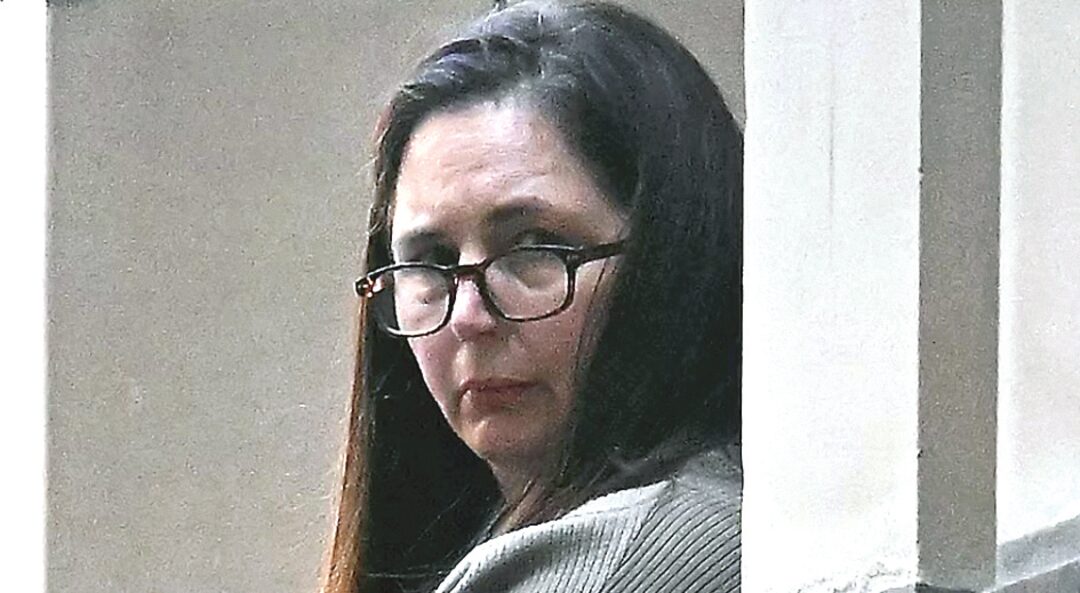By STEFAN BRADLEY and LIAM DURKIN
THE trial of Erin Patterson has entered its 10th week, with Justice Christopher Beale completing his charge to the jury, who are now deliberating.
A judge’s charge are the final directions given to the jury during a criminal trial.
The judge communicates to the jury what they must consider when deliberations begin, and also summarises key evidence from the trial and outlines the main arguments of the prosecution and defence.
Last week (Week 9) was the start of the judge’s charge, as the closing arguments for the prosecution and defence had already finished. The court did not sit on Monday last week.
From Tuesday June 24, Justice Beale delivered the charge, and ended it last Monday (June 30).
The jury has now retired for deliberation.
“(I) can understand both parties wanting to squeeze every bit of juice out of the lemon,” his Honour said upon the need to “consider the whole evidence”.
Three people died following a Beef Wellington lunch at the accused’s Leongatha home in July, 2023.
Don and Gail Patterson and Heather Wilkinson all died from the fatal meal which contained death cap mushrooms. Ian Wilkinson fell ill, but survived the incident. The accused has pleaded not guilty to three charges of murder and one of attempted murder. At the start of his charge, Justice Beale revealed an 86-page document that included key dates to help the jury with deliberations.
“Very old fashioned hard copy,” he joked.
The first section of the chronology begins in 2007, when Erin and Simon Patterson got married, to the year before the fatal lunch. Sections afterwards are 2023 key dates, which includes the lunch and following days.
The judge said it was up to the jury alone if Erin is guilty of the charges she has pleaded not guilty to. He noted the media attention this case has received, which he described as “unprecedented”, but reminded the jurors they were the only ones who sat in the jury box.
“Don’t let anybody get in your ear over the weekend,” he told jurors in a noticeably sparser courtroom last Friday.
“Have a media blackout,” Justice Beale urged.
Justice Beale had noted that Erin had admitted to telling lies, but said “this is a court of law, not a court of morals”, and that the jury should not find her guilty just because she had told lies.
He said that Erin had “good character evidence”, and also outlined what the prosecution has argued is Erin’s alleged incriminating conduct. The court was reminded that the accused did not need to testify during her trial, and that it was not up to her to “prove her innocence”.
The court heard that the jury must come to a verdict on the evidence alone and resist any bias they may hold, which includes sympathy for the families of the victims. For a guilty verdict, the jury must assess the evidence and conclude that she committed the offences beyond reasonable doubt.
Judge Beale spoke about the many witnesses who were called up, including the accused, as well as the various experts called upon by the prosecution. He addressed alleged inconsistencies with witnesses, saying that credible and truthful witnesses can sometimes make honest mistakes.
“It is for you to determine which accounts, if any, to believe,” he said.
It’s possible that the jury will reach a verdict by the time next week’s issue is out. But it’s also a possibility that the jury is unable to reach a unanimous verdict.











